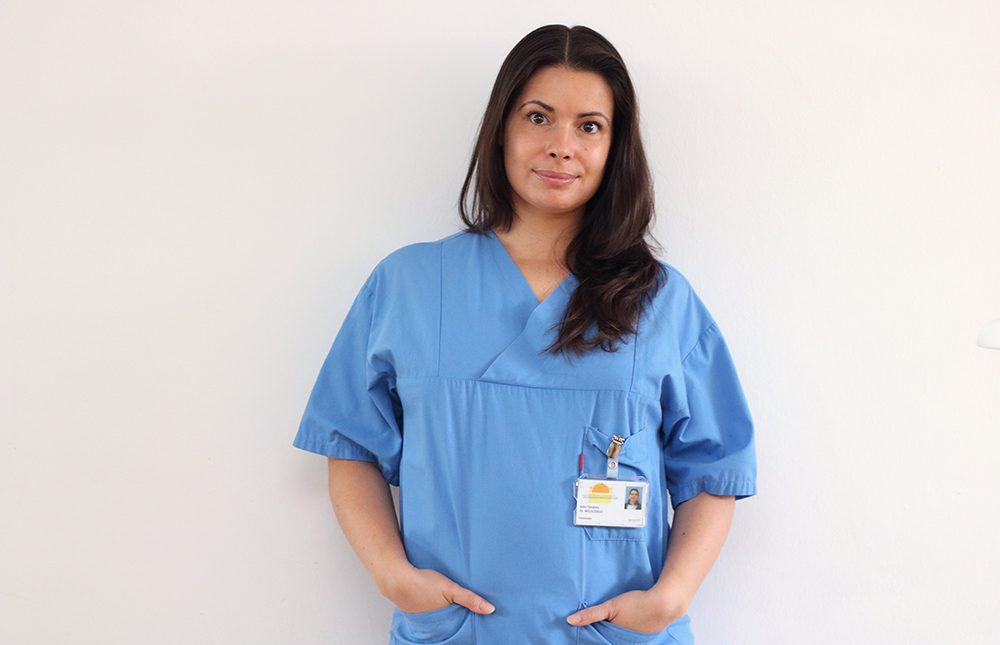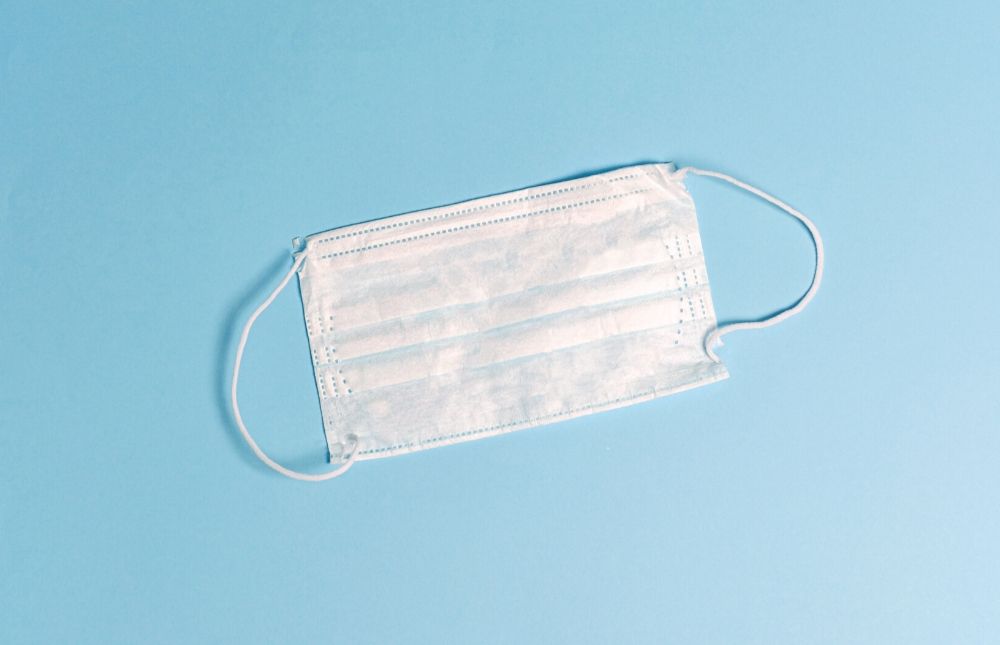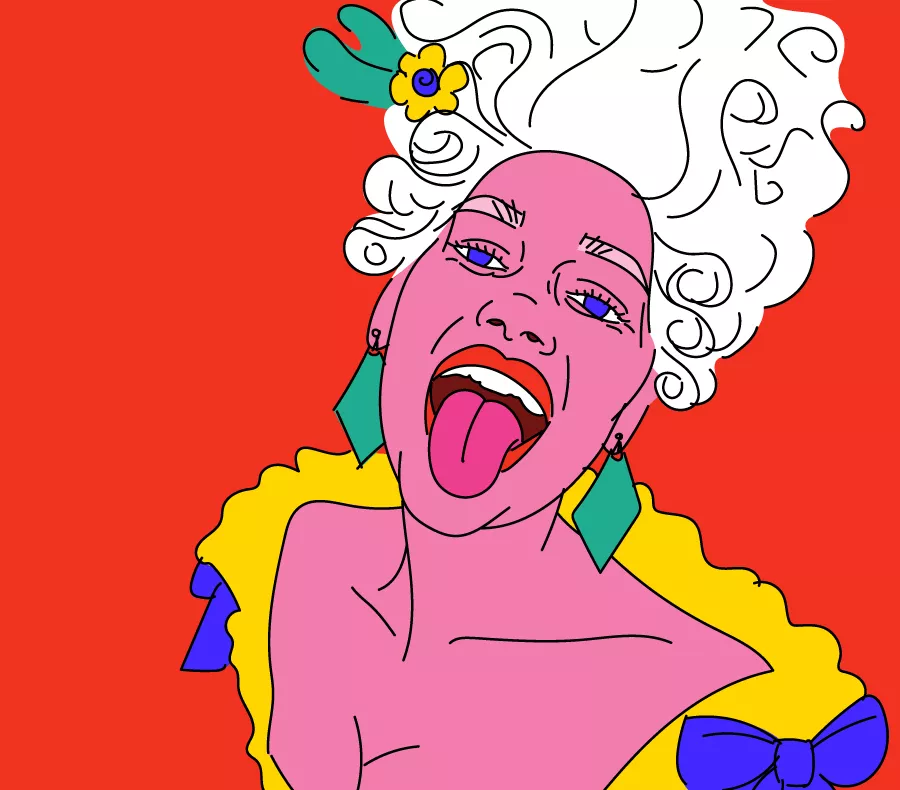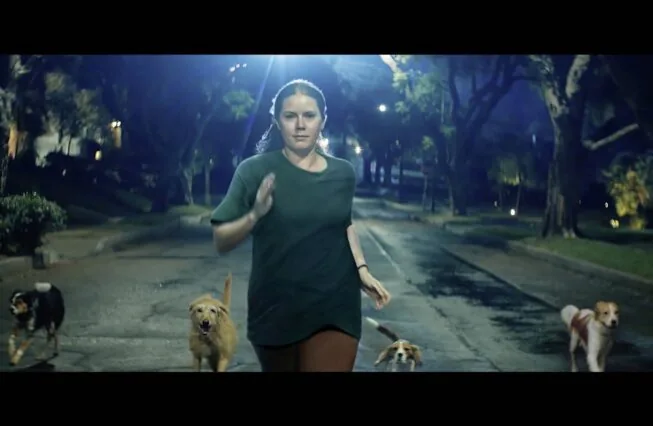Vienna Würstelstand (VWS) How has your professional life changed since the Corona pandemic?
After the dramatic increase of Covid-19 cases in Italy, it was clear that it was only a matter of time until this new virus would reach Austria. When it really hit us – even in our department of infectious diseases at Kaiser Franz Josef Spital where we have a lot of experience with highly infectious patients – there was quite a chaotic atmosphere at the beginning. We were dealing with an infection that has completely different characteristics to the flu and other viral respiratory infections we were used to.
However, we started admitting and treating patients, and observed the patient’s rather unusual clinical evolution and tried to explain it by learning more about it – we connected with colleagues and experts worldwide facing similar experiences, studied over various publications and tuned into podcasts on the subject. We are still working like detectives, trying to put together the puzzle pieces to solve this mysterious case.
VWS: What is the current atmosphere at work?
After the initial difficult phase, we managed to get organised and to cooperate efficiently. There are regular meetings in which we discuss cases, share thoughts, exchange information, and encourage one another to keep going with the same motivation.
‘Our scientific curiosity, and the determination to do the best for our patients has brought us together. I must say, the connection we are experiencing as a team feels stronger and deeper than during ”normal” times.’
VWS: Did you have to go into quarantine at all over recent weeks?
I had to stay for two weeks in quarantine at the beginning of the epidemic in Austria after being in contact with one of the first diagnosed patients in Vienna (my tests were negative in the end).
I must say, the second week was really a psychological challenge having to stay indoors all the time. I remember I was having recurrent dreams of being surrounded by nature.
VWS: What is the greatest challenge you and your colleagues face at the moment?
We don’t yet have a standardised and efficient therapy to treat the virus and the much needed vaccine will most probably not be available anytime soon.
Also, as I said before, the virus behaves differently to other respiratory viruses. Just one example of how unique it is – when a patient that has, let’s say the flu, gets to the stage when the oxygen saturation in their blood decreases, this person will definitely complain about having difficulties with breathing. Just imagine – some Covid-19 infected patients will be speaking to you normally, and not feel any discomfort at all with their breathing, when they have a low oxygen saturation in their blood, even though it’s at this point that they need acute medical intervention in order to stay alive.
VWS: What’s been the most interesting experience under the new circumstances thus far?
The immune system’s reaction to the virus seems to be the key element that dictates the evolution of the infection for each individual patient.
We have discharged 100-year-old patients, and patients who have undergone an organ transplant and were on immunosuppressant therapy after being healed of SARS Cov 2, and they left in good shape. On the other hand, some of the younger and healthier patients – who have, in general, a stronger immune response towards the virus – unexpectedly deteriorate and have been admitted to intensive care.
VWS: Are you worried you might get sick yourself?
I’m not among the so-called ‘risk group’ who can suffer a severe case of the disease, but as I said, the immune response is one of the key factors.
The evolution of the infection might also depend on how you are infected (as in, some patients are infected with a low viral quantity when they inhale the virus from a person coughing nearby, while others catch the virus when exposed to a constant and high viral quantity, as may be the case for health workers who are exposed everyday to infectious patients).
So the more you know, the more complicated your emotions become regarding it. However, that’s why I’m glad that I’m so busy with work that I don’t really have the time to worry about getting sick.
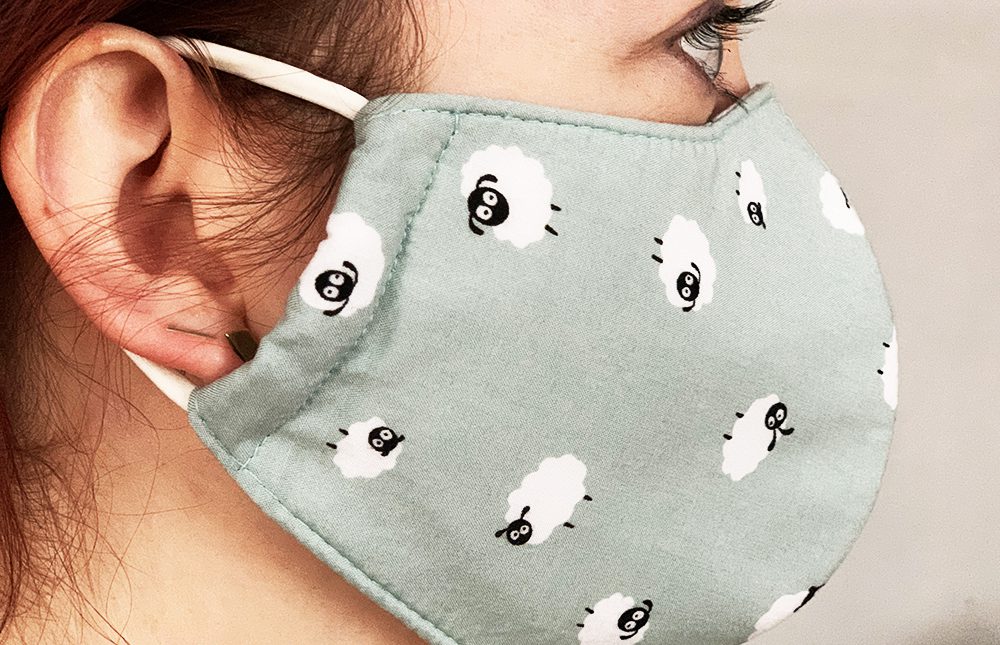
VWS: What can people do to make your job easier at the moment?
The measures imposed by the government, although difficult to accept, have showed their effectiveness, and Vienna (and Austria, as a whole) can be held up as a good example, at this stage. This is why we’ve been lucky so far that we haven’t had to deal with dramatic situations like those seen in Italy, and New York.
It’s simple – these measures prevent a huge number of people getting infected at the same time and overwhelming and suffocating the health system.
VWS: Is the worst part over?
Because the virus is now circulating worldwide, it will definetely continue to ”accompany us” like the flu, with seasonal epidemic waves into the foreseeable future.
The difference now is that we are more prepared and stronger to tackle it, because we understand more about how it attacks our organism, and how better to respond to a pandemic. Hopefully, new direct and effective weapons to fight the virus will be available soon.

